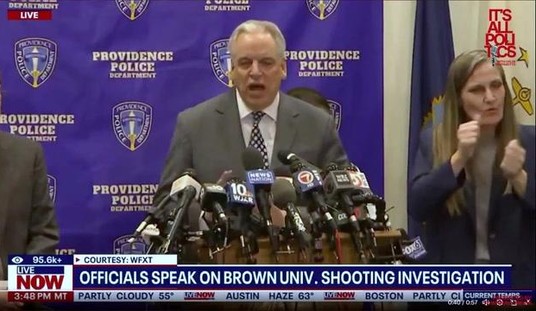This, friends, is where nationalized health care leads. Or something.
Student Rhiannon Brooksbank-Jones dreams of living and working in South Korea once she finishes university, even though she has never visited the country.
But while taking language lessons, the 19-year-old found that she couldn’t pronounce certain crucial sounds in the Korean alphabet.
Her dentist suggested it may be because she was born with a slightly shorter than average tongue, caused by having an unusually thick lingual frenulum – the flap of skin that joins the underside of the tongue to the floor of the mouth.
After discussing the matter with her parents and language tutor, Rhiannon decided to undergo an operation to correct the condition, despite the fact it has never caused her any problems in speaking English.
She underwent a lingual frenectomy, which involves making an incision in the flap of skin. As a result, Rhiannon’s tongue is now about 1cm longer, and she can say words that were impossible before.
—
Being born with an unusually thick lingual frenulum – a condition known as Ankyloglossia, or commonly as ‘Tongue Tie’ – meant Rhiannon qualified for the procedure on the NHS.
Yobs are out rioting and looting and getting soccer matches cancelled over their general hooliganism, liberals are blaming it all on “austerity,” yet the British government still sees fit to pay for someone’s obviously not medically necessary surgery.
And then, there are stories like this:
NHS waiting times are being deliberately increased so some patients will go private or die before they are treated as part of efforts to save cash, according to a report.
Patients in England have a legal right to start routine hospital treatment within 18 weeks of referral by their GP.
But a study by the Co-operation and Competition Panel says minimum waiting times of 15 weeks are being imposed by some primary care trusts (PCTs) even though hospitals have the capacity to see patients sooner.
It said patients can be left in pain for longer than necessary, while others choose to go private or simply die first.
No detailed evidence of the practice is published in the report although one PCT told the panel it “sought to increase average waiting times from 13 to 16 weeks as a result of the PCT’s worsening financial position”.
Katherine Murphy, chief executive of the Patients Association, said: “It is outrageous that some PCTs are imposing minimum waiting times of up to 15 weeks.
“The suggestion that it could save money because patients will remove themselves from the list by going private or dying is a callous and cynical manipulation of people’s lives and should not be tolerated.”









Join the conversation as a VIP Member